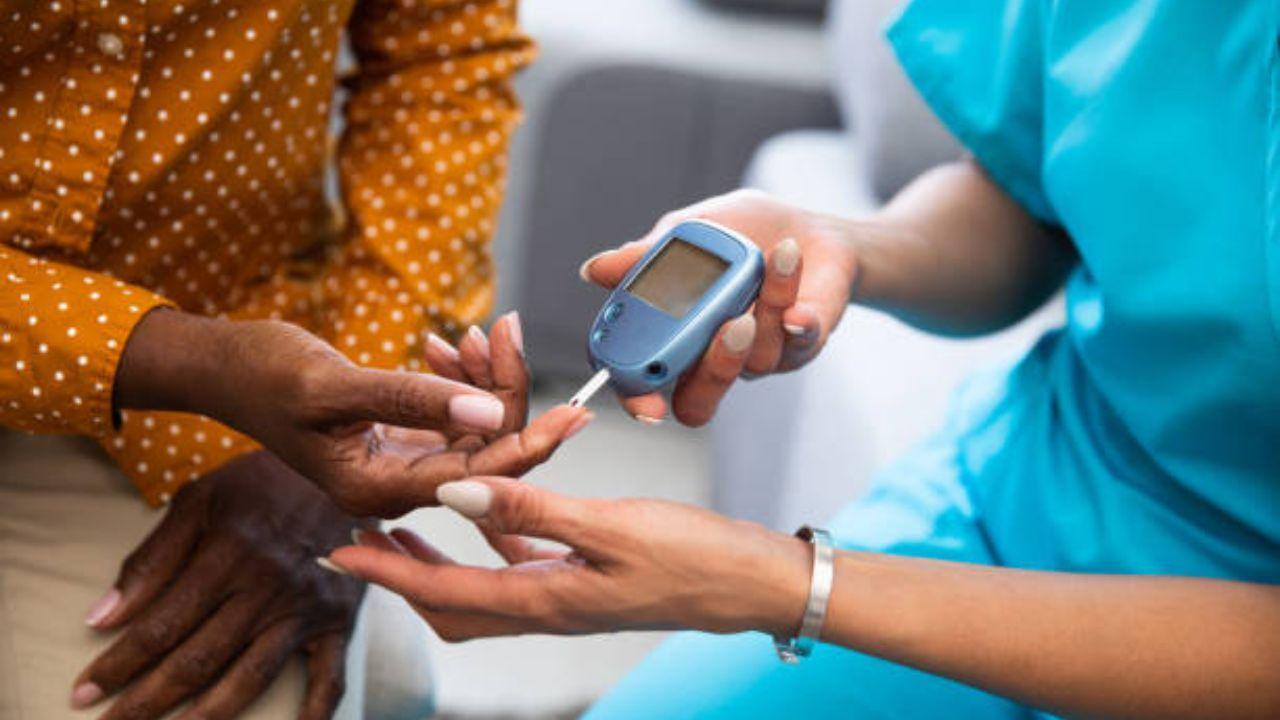This device can provide on-the-spot glucose testing results without requiring technical or sophisticated laboratory settings. Additionally, it is designed to be cost-effective and biodegradable, with the current cost at only about Rs. 10 in the lab

Image for representational purposes only. Photo Courtesy: iStock
Researchers at the Indian Institute of Technology (IIT) Jodhpur have developed a new low-cost, paper-based analytical device that can be connected to smartphones to provide on-spot detection of glucose levels.
The device carries a lab-based functionalised biodegradable paper which changes colour based on the level and amount of glucose present.
ADVERTISEMENT
When connected to a smartphone, it provides quick, easy-to-access, and even personalised results.
"This device can provide on-the-spot glucose testing results without requiring technical or sophisticated laboratory settings. Additionally, it is designed to be cost-effective and biodegradable, with the current cost at only about Rs. 10 in the lab. The team hopes to further make it even cheaper during mass production, at Rs 5," said the researchers in a statement.
While paper-based analytical devices have been in use earlier, they required specific light conditions to work.
Also Read: Fixing sleep cycle crucial to dodge diabetes, obesity, heart diseases: Doctors
However, the researchers employed machine learning to make the device compatible with all smartphones to work and transmit information seamlessly under nearly all possible light conditions.
"Smartphones offer seamless integration with other technologies and platforms. The ability to connect the smartphone-based spot detection framework to a larger network or database can facilitate remote monitoring, data storage, and sharing of results. This connectivity can be crucial for healthcare professionals or researchers," said Ankur Gupta, Associate Professor, Department of Mechanical Engineering, IIT Jodhpur, in the statement.
The researchers noted that the technology can be adaptable for the screening and diagnostic analysis of uric acid, and other diseases. The findings are published in the journal ACS Publications.
Also Read: Poor oral health linked to diabetes and pregnancy complications; healthy diet crucial: Dentists
"This study demonstrates that this developed system is equipped for initial disease screening at the user end. By incorporating machine learning techniques, the platform can provide reliable and accurate results, thus paving the way for estimating the accuracy of the results for improved initial healthcare screening and diagnosis of any disease," Ankur said.
This story has been sourced from a third party syndicated feed, agencies. Mid-day accepts no responsibility or liability for its dependability, trustworthiness, reliability and data of the text. Mid-day management/mid-day.com reserves the sole right to alter, delete or remove (without notice) the content in its absolute discretion for any reason whatsoever.
 Subscribe today by clicking the link and stay updated with the latest news!" Click here!
Subscribe today by clicking the link and stay updated with the latest news!" Click here!








